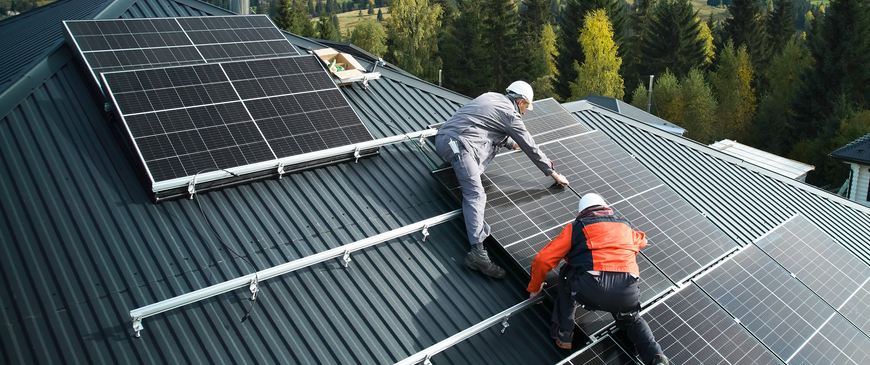
UK's tougher immigration stance may undermine efforts to meet net zero by 2050
Stricter immigration rules introduced by the UK government could hinder the country’s net zero and housing goals, according to a new report from the Centre for European Reform (CER). The report found that more than half of the foreign-born workers in green jobs would not meet the new visa requirements, raising concerns about future labour shortages in critical sectors such as construction and clean energy.The Labour government’s immigration white paper proposes raising the minimum education requirement for skilled worker visas to a university degree and maintaining a £38,700 salary threshold introduced in 2023. Based on analysis of Office for National Statistics data, the CER estimates that 260,000 out of 465,000 foreign-born workers currently employed in green occupations would not have qualified under these new rules.
Green jobs were defined by the CER as those in which a worker spends at least one-third of their time on green tasks. Many of these roles are in the construction sector, where workers are needed to retrofit homes with low-carbon technologies such as insulation and heat pumps. Other green occupations include solar panel installers, wind turbine technicians, environmental engineers, and waste management workers.
The report noted that the demand for green jobs continues to rise. “Job adverts for green roles rose from around 8,000 in 2021 to over 16,000 in early 2024, and have stayed at a high level since,” the report stated. Despite this demand, the new visa rules may reduce the supply of qualified labour.
The construction sector alone is projected to require an additional 250,000 workers by 2028, in order to meet the government’s target of building 1.5 million homes by the end of the current Parliament. The CER warned that the sector is already facing high turnover due to physically demanding and seasonal work, and it relies heavily on migrant labour to fill gaps.
“Construction is labour-intensive and has a lot of employee turnover, because the work is physical and seasonal. Given that the government’s aim is to expand housebuilding and decarbonise buildings concurrently, the sector is most at risk of labour shortages as a result of the government’s immigration proposals,” the report said.
